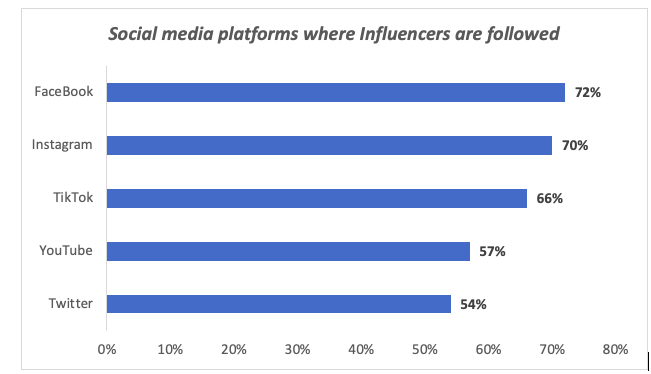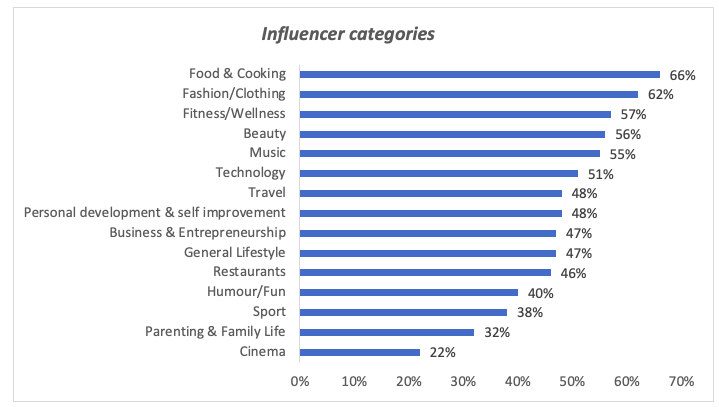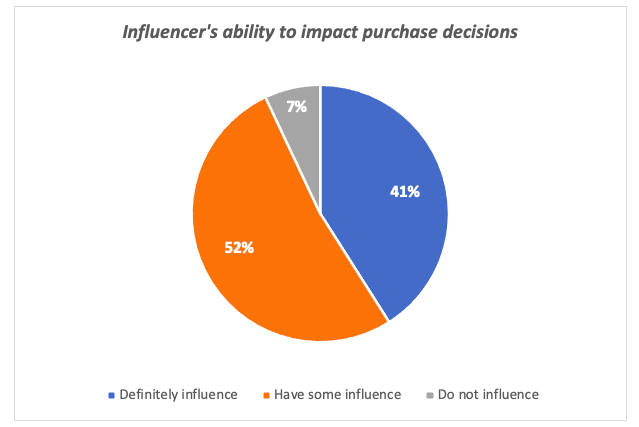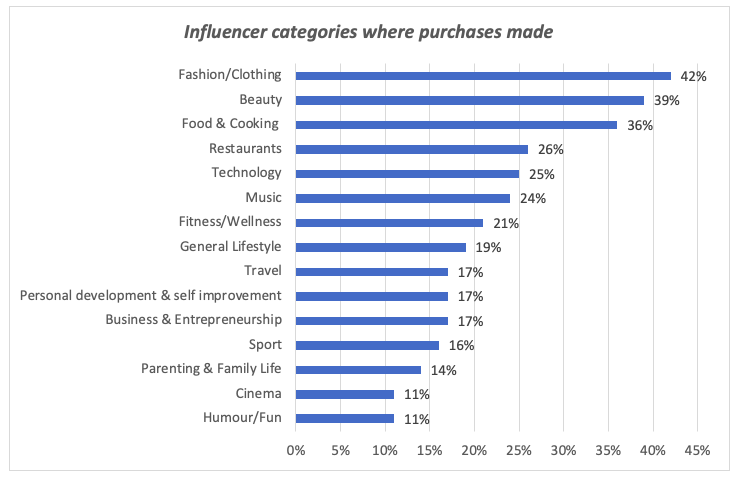Influencers are becoming the trusted voices of a new generation of consumers. They establish connections that traditional advertising often struggles to achieve.
Influencers that are perceived to be genuine, transparent and relatable have power over consumer decision-making.
Ninety-three percent of followers claim that influencers’ opinions about a product or service would have an impact on their decision to buy the product or service. This is one of the findings of a recent survey conducted by TrendER/infoQuest, a leading online South African research agency.
The research is based on 300 South African followers of influencers across all demographics, and respondents were sourced from TrendER/infoQuest’s highly profiled online panel of over 40 000 South Africans. The research was conducted during October 2023.
On average, respondents follow influencers on three different social media platforms, with FaceBook, Instagram and TikTok being the top three.

Eighty-two percent mainly follow South African influencers with 35% following influencers from other African countries. Influencers outside Africa are followed by 54% of respondents.
On average, followers track influencers in 7 categories or themes, with food and cooking and fashion/clothing being the most popular.

Females are more likely to follow influencers in the food & cooking, fashion/clothing and beauty categories, while males are more likely to follow sports influencers. Not surprisingly, those aged 35–40 years are more interested in parenting and family life influencers, while music is a category followed more by younger respondents.
The effect of influencers to sway followers to purchase products or services that they use or promote, should not be underestimated. 93% of followers claim that an influencer’s opinion about a product or service would have an impact on their decision to buy the product or service.
The majority of followers had bought at least one product or service as a result of an influencer’s opinion, indicating the significant power that these individuals have to sway purchasing decisions.

The categories which benefit most from influencer marketing are fashion/clothing, beauty, and food and cooking.

“Beyond awareness and product recommendations, influencers excel in storytelling, crafting narratives around brands and products, infusing them with personl anecdotes and experiences. These stories create an emotional connection, significantly influencing purchase decisions. Their power as marketers must be recognised,” says Mogorosi Mashilo, MD of TrendER/infoQuest.
“Brands are now allocating significant budgets to influencer marketing, recognising the potential to yield high returns on investment.
“However, it is essential to choose the right influencers for your target market and brand values. A mismatch can lead to a lack of authenticity and undermine the effectiveness of the campaign. As influencers continue to shape consumer behaviour, businesses must adapt their marketing strategies to harness the full potenial of this influential force in the digital age.”














